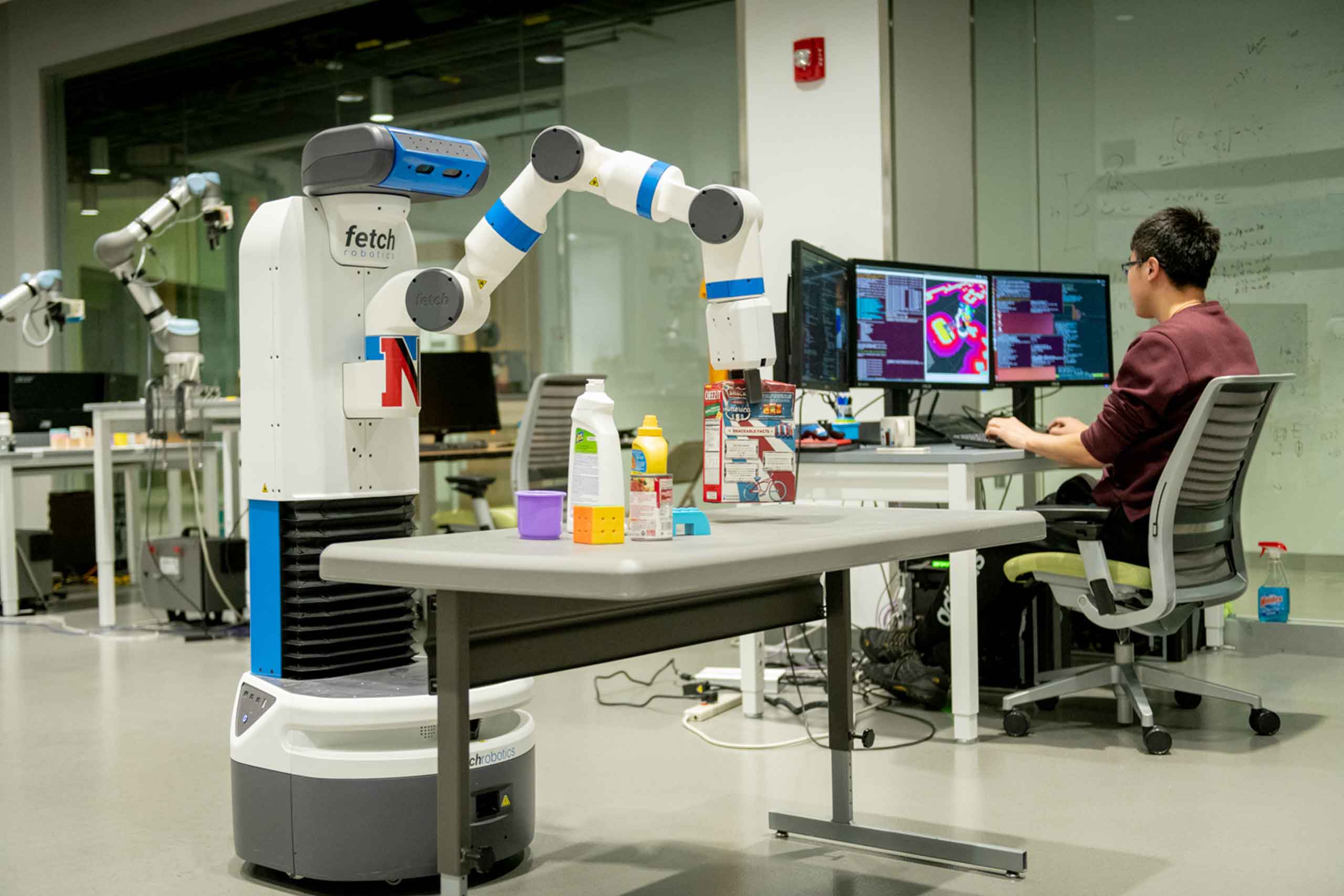

Stacy C. Marsella

Professor
Interdisciplinary With COS
Boston

Stacy C. Marsella
Professor
Interdisciplinary With COS
Boston



Professor
Interdisciplinary With COS
Boston

Professor
Interdisciplinary With COS
Boston



Professor
Interdisciplinary With COS
Boston

Professor
Interdisciplinary With COS
Boston
Stacy Marsella is a professor at the Khoury College of Computer Sciences with a joint appointment in psychology. Prior to joining Northeastern, he was a research professor in the Department of Computer Science at the University of Southern California and a research director at the Institute for Creative Technologies. Previously, he held positions at USC’s Information Sciences Institute (1996-2009) and Bell Labs (1995-1996).
Marsella’s multidisciplinary research is grounded in the computational modeling of human cognition, emotion, and social behavior, as well as the evaluation of those models. Beyond its relevance to understanding human behavior, the work has seen numerous applications, including health interventions, social skills training, and planning operations. His applied work includes frameworks for large-scale social simulations of towns and a range of techniques and tools for creating virtual humans, facsimiles of people that can engage in face-to-face interactions.
Marsella has served as a general chair of Autonomous Agents and Multiagent Systems and chair of Intelligent Virtual Agents. In 2010, he received an ACM SIIGART career award for his contributions to agent research. He is an associate editor of the IEEE Transactions on Affective Computing, a board member of the International Foundation for Autonomous Agents and Multiagent Systems, and on the steering committee for Intelligent Virtual Agents. He is a fellow of the Society of Experimental Social Psychologists and a member of the Association for the Advancement of Artificial Intelligence and the International Society for Research on Emotions.
Stacy Marsella is a professor at the Khoury College of Computer Sciences with a joint appointment in psychology. Prior to joining Northeastern, he was a research professor in the Department of Computer Science at the University of Southern California and a research director at the Institute for Creative Technologies. Previously, he held positions at USC’s Information Sciences Institute (1996-2009) and Bell Labs (1995-1996).
Marsella’s multidisciplinary research is grounded in the computational modeling of human cognition, emotion, and social behavior, as well as the evaluation of those models. Beyond its relevance to understanding human behavior, the work has seen numerous applications, including health interventions, social skills training, and planning operations. His applied work includes frameworks for large-scale social simulations of towns and a range of techniques and tools for creating virtual humans, facsimiles of people that can engage in face-to-face interactions.
Marsella has served as a general chair of Autonomous Agents and Multiagent Systems and chair of Intelligent Virtual Agents. In 2010, he received an ACM SIIGART career award for his contributions to agent research. He is an associate editor of the IEEE Transactions on Affective Computing, a board member of the International Foundation for Autonomous Agents and Multiagent Systems, and on the steering committee for Intelligent Virtual Agents. He is a fellow of the Society of Experimental Social Psychologists and a member of the Association for the Advancement of Artificial Intelligence and the International Society for Research on Emotions.











